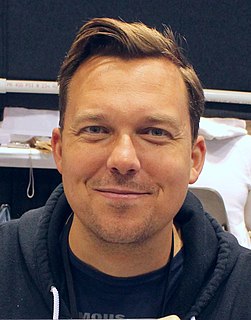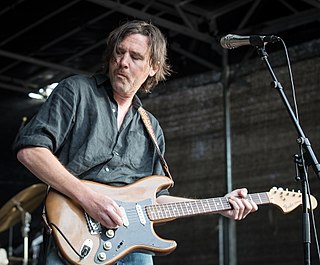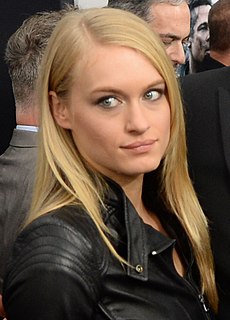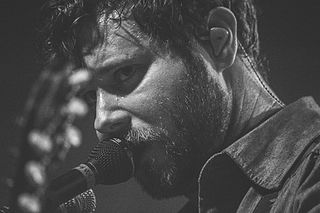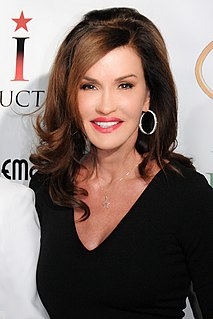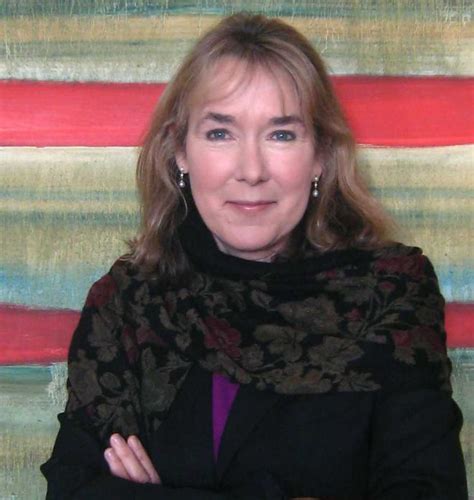A Quote by Rick Remender
A lot of the time you just have to follow your creative muse and do what you think is best for the story.
Related Quotes
Don't wait for the muse. As I've said, he's a hardheaded guy who's not susceptible to a lot of creative fluttering. This isn't the Ouija board or the spirit-world we're talking about here, but just another job like laying pipe or driving long-haul trucks. Your job is to make sure the muse knows where you're going to be every day from nine 'til noon. or seven 'til three. If he does know, I assure you that sooner or later he'll start showing up.
I work a lot, and I prepare a lot. I think that's really important when you live in LA, to go the extra mile for whatever it is that you're trying to achieve. You realize out here that when you stop moving so fast, it's a lot harder than you thought. A lot of hard work has to go into your career, and preparation, and being your best at all times. I think you just have to always present yourself at your best, and you just need to be prepared all the time. Looking good, and feeling good, and being positive, and being in the right set of mind to accept whatever comes your way.
I think that when I'm telling a story, I'm doing the best I can to tell the story as fully as I can, and if there are various fractures that happen in the story, then that's just the very thing that the story is as opposed to my looking for avenues of difference in one story. They just really do exist. For me, anyway.
Marathoning is a metaphor for life, so there are a lot of parallels you can draw. I tell people to follow your dream, follow your heart, follow your passion, run your own race and believe in yourself. I think anybody who wants to succeed has to have passion. My love for this sport, you can't instill it in someone else.
Build pockets of stillness into your life. Meditate. Go for walks. Ride your bike going nowhere in particular. There is a creative purpose to daydreaming, even to boredom. The best ideas come to us when we stop actively trying to coax the muse into manifesting and let the fragments of experience float around our unconscious mind in order to click into new combinations. Without this essential stage of unconscious processing, the entire flow of the creative process is broken.
The best time to tell your story is when you have to tell your story. When it's not really a choice. But then, when you get that first, messy, complicated version down, you have to read it over and be very tough on yourself and ask, 'Well what's the story here?' If you're lucky enough to have someone you trust looking over your shoulder, he or she can help you if [you] lack perspective on your own story.
